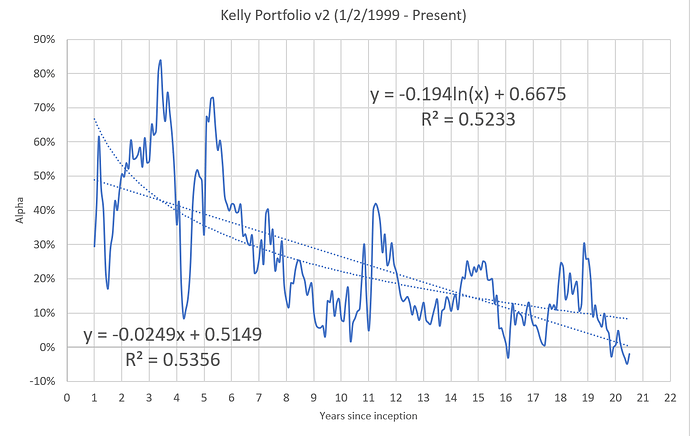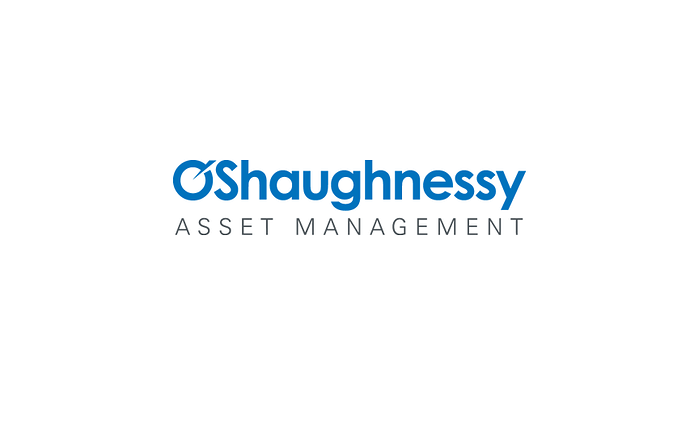Yea where did that come from?
Tony first uses the word “free” and says it is not in his definition of information asymmetry. I show a definition from Wikipedia that shows that it is not in that definition either (in response to his post). And of course, you mentioned it.
I have the same question as you Marc: Why are you guys mentioning free?
I said above, I happily pay P123 for the excellent service it provides. And P123 is helping to make the information more available to people. Many people no longer need a SP500 license to get this information.
The reasonable price that P123 charges may give me an edge over someone who tries to get all of their data from Yahoo!, Reuters Google and the web: not necessarily a bad thing IMHO. But those people (using Yahoo!) would be limited to the same information whether P123 provides that information to its members or not.
My only point is that information asymmetry exists for more than one reason and it is not necessarily rare. It isn’t just about satellite images.
There are books one can read about this.
Honestly, I am not understanding your last 2 posts. Not even close to understanding. I am going to assume that you have not read (but skimmed) the above posts. Even so, this “knowledge and information is universal” is straight out of a……Actually, I am not sure that I have seen this even in a movie or a New Age Book.
But to be clear on my end: I am a big fan of P123 and I am not a communist who thinks everything should be free. Marc, you will have to look to your Democratic Party, AOC and Bernie Sanders for that;-)
The people at P123 work hard and deserve to be paid more. In fact, I look forward to helping with that. I look forward to the time when I will have enough capital to justify paying for the coming API. When I get there it will be because of P123.
Yea, I will get that Mac Pro when I get access to P123’s API. I do not think it will be free;-)
-Jim



